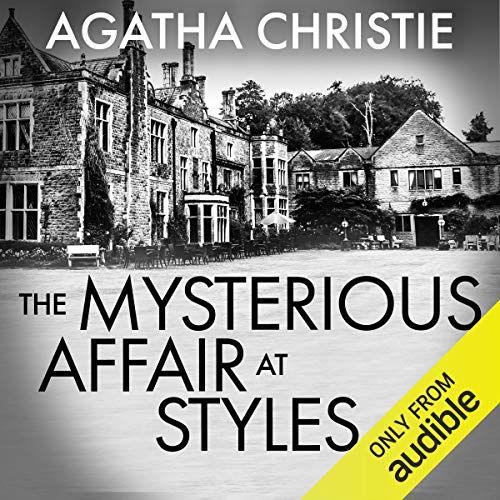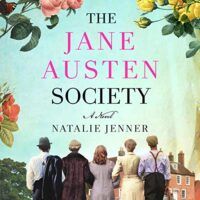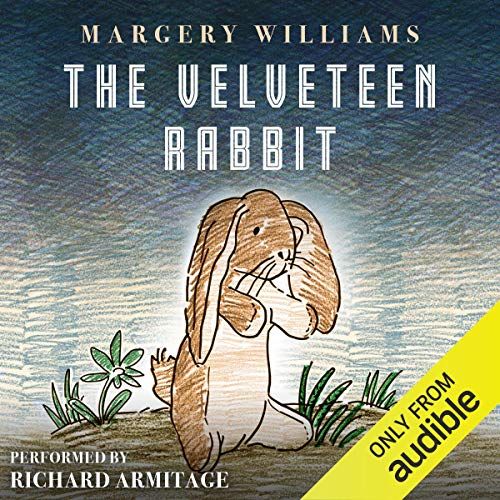But maybe it’s this very variety that’s the problem for a newbie to Richard Armitage’s audiobooks: where do you even start when there’s so much to choose from? That’s what I’m here for. It’s hard to narrow down so many options into a mere three, but there is a bright side here, and it’s twofold: one, he’s narrated books in so many different genres that there’s quite literally one for everyone; and two, the quality of every single one is impeccable. Provided you’re not somebody who despises the genre of the audiobook you’re listening to, there is no way you can go wrong, regardless of your choice. So, without further ado, let’s dive into three excellent choices. I will not say that they are Armitage’s best (see above: they’re all his best), but they make for a fantastic starting point. Note: these books, as well as the rest of Armitage’s catalog, are all written by white authors. Hopefully, this means that the fabulous books by authors of color out there are being narrated by performers of color as well. I’ve linked you to some at the end of the post. Want more? Behold more audiobook narrator recommendations. This seemingly easy case is made very complicated when the existing evidence clears the husband of all suspicion. But then, who murdered Emily Inglethorp? Everyone, it seems, had a motive. And there’s enough circumstantial evidence to suspect every member of the household. It will be up to a Belgian refugee and former member of the police force to solve this mystery. Any new narration of a classic novel comes with a risk: will it live up to its predecessors? In this case, the answer is yes. Very much yes. It might even surpass them. However, the group’s attempts to save Austen’s home and legacy have unexpected consequences: soon, these people find themselves facing their fears, their past, themselves, and each other. Their circumstantial bonds soon strengthen into friendship, all as they take on their most Austen-like task to date: building their happiness in the face of unlikely odds. I hesitate to call Armitage’s work on this book a performance, singular. Instead, I find myself thinking of it as performances. After all, all the characters come across as distinct and recognizable; and all the emotions presented throughout the novel – the joy, the fear, the regret, the love – come through with decisive clarity.


